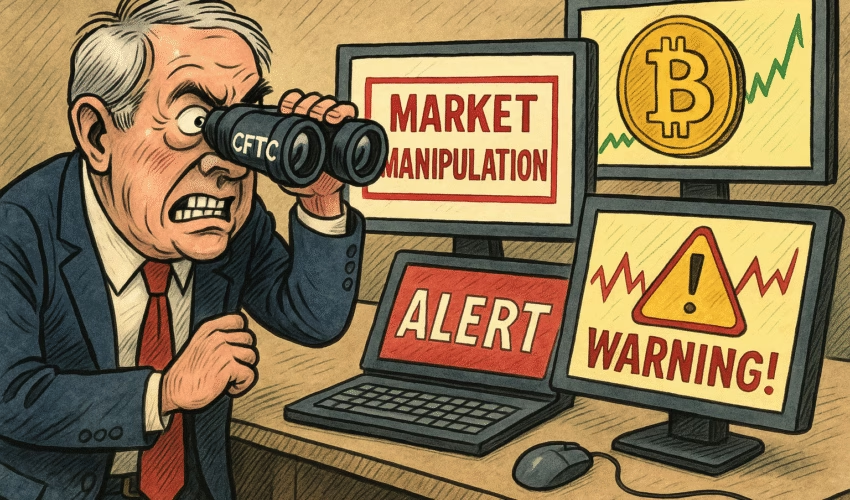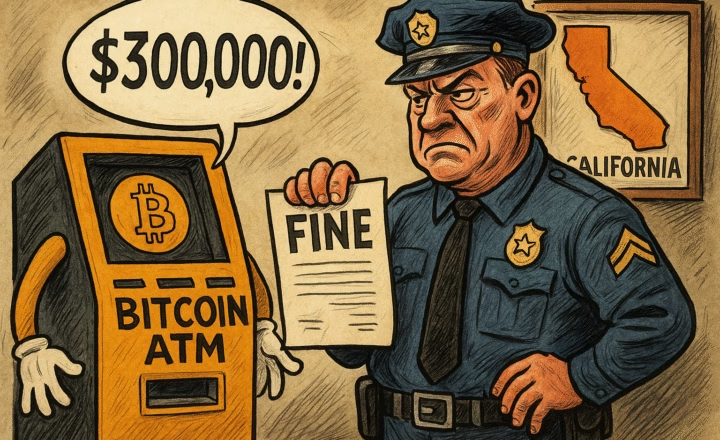CFTC Adopts Nasdaq Surveillance to Crack Down on Market Abuse
The U.S. Commodity Futures Trading Commission (CFTC) is upgrading its oversight capabilities by integrating Nasdaq’s surveillance software to combat insider trading and manipulation across equity and crypto markets.
Nasdaq’s Head of Regulatory Strategy and Innovation, Tony Sio, explained that the system uses tailored algorithms to detect suspicious patterns unique to crypto. It enables real-time order book monitoring and cross-market analytics that can link activities between traditional finance and digital asset markets.
“It offers real-time analysis of order book data across crypto trading venues, and cross-market analytics that can correlate activities between traditional and digital asset markets,” Sio said.
Surveillance Debate Heats Up
The move comes amid growing debate about surveillance in crypto. Privacy advocates argue that expanded monitoring risks turning digital finance into a “financial prison.” Conversely, institutional players say that anti-money laundering (AML) tools are critical for broader adoption.
The U.S. Treasury is also considering digital ID requirements embedded into DeFi smart contracts, as highlighted in the White House’s July crypto policy report. This initiative would expand KYC standards and overhaul digital identity guidelines.
Concerns From the DeFi Sector
Critics warn that embedding KYC into decentralized finance protocols would fundamentally alter the nature of DeFi.
Mamadou Kwidjim Toure, CEO of Ubuntu Tribe, told Cointelegraph:
“If you turn a neutral, permissionless infrastructure into one where access is gated by government-approved identity credentials, it fundamentally changes what DeFi is meant to be.”
Outlook
With Nasdaq’s surveillance tool now under the CFTC’s purview, regulators hope to bolster market integrity and reassure institutional investors wary of manipulation risks. However, the broader industry remains split:
-
Pro-regulation voices see it as a necessary step toward mainstream adoption.
-
Privacy advocates fear it could undermine decentralization at the heart of blockchain.
The ultimate test will be whether regulators can balance security and transparency with the permissionless ethos that gave rise to DeFi.












